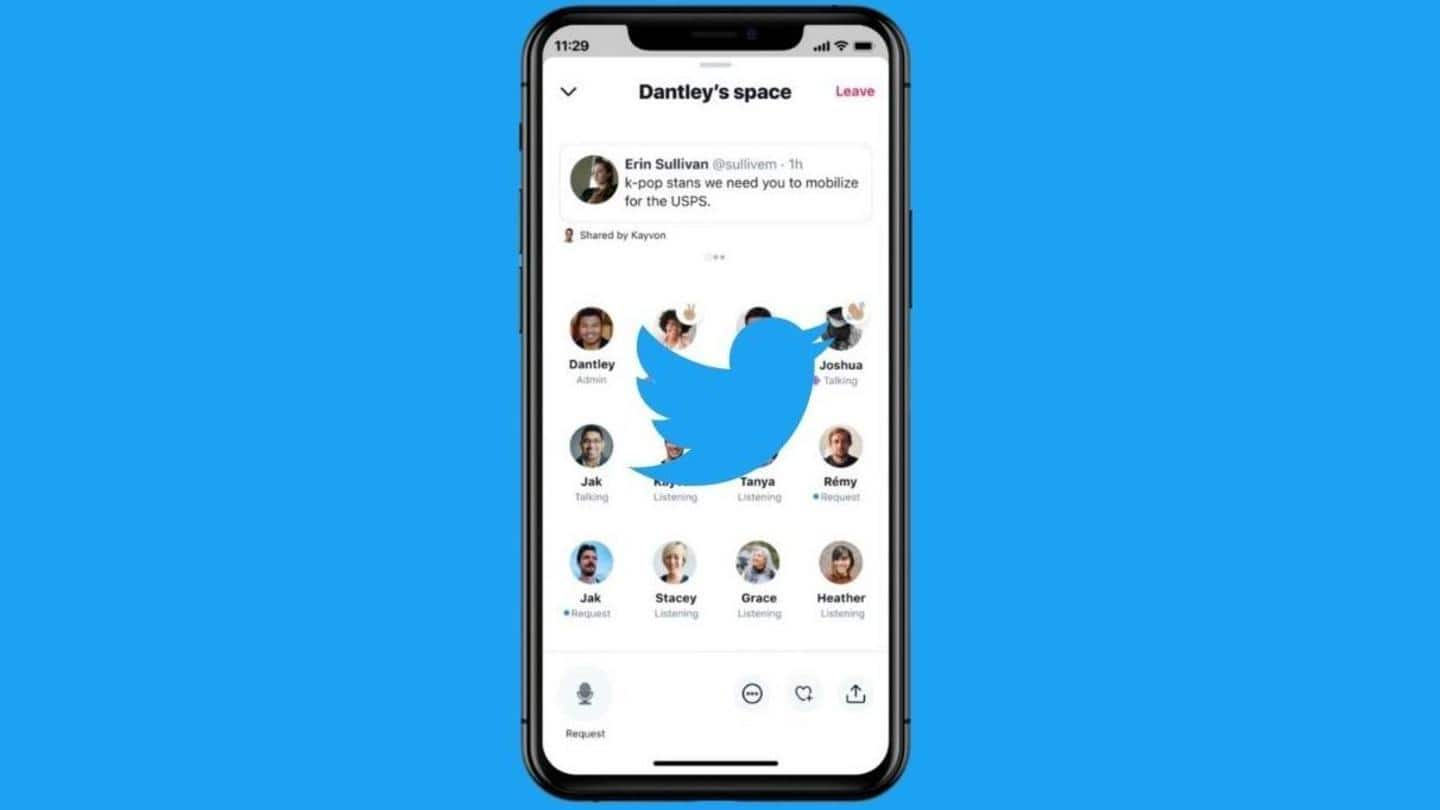
NewsBytes Briefing: Twitter brings Clubhouse to the masses, and more
What's the story
Even as Clubhouse tries to be a hipster and keep Android users from experiencing its new take on social media, Twitter has cloned the experience for them with Spaces.
Although, it is currently only restricted to women and minorities, the feature is expected to roll out to general Android users shortly. Meanwhile, Facebook isn't too far behind either.
Not the best strategy
Facebook scrambles to add more features as it bleeds users
Separately, Facebook is thinking of new ways to win back user trust following the privacy policy controversy surrounding WhatsApp. It aims to do this by, of course, copying the disappearing messages feature already found in competitors such as Signal.
When most of WhatsApp's userbase is leaving for Signal, copying features from the same app isn't going to win them back.
Space Macs
Here's definitive proof Apple hardware is used for serious business
With Unix and Linux derivatives being used in almost all cutting-edge STEM applications, the most hardcore geeks have always looked down upon Macs as playthings for elites.
But NASA begs to differ because, as it turns out, its Perseverance rover is being powered by an iMac processor from the wrong side of the millennium.
Now we are curious as to what SpaceX uses.
Good riddance
Intel's death spiral continues with $2.18 billion patent lawsuit loss
While we are on the subject of outdated technology, everyone's favorite underachiever has suffered a crushing patent lawsuit defeat. Intel has been ordered to pay an eye watering $2.18 billion to VLSI LLC for infringing upon its patents concerning CPU voltage and clock frequencies.
Although patents are inherently evil, we won't be shedding any tears for a company that prioritizes profits over innovation.
Mixed reality
Microsoft will take your Zoom calls to the next level
Speaking of companies that don't innovate, Microsoft seems committed to avoid pulling an Intel, and it shows.
The company showcased its futuristic Mesh platform that leverages mixed reality to take virtual meetings and collaboration to the next level.
Although the concept has great potential, the high cost involved with specialized mixed reality headsets will be a huge limiting factor to widespread adoption.